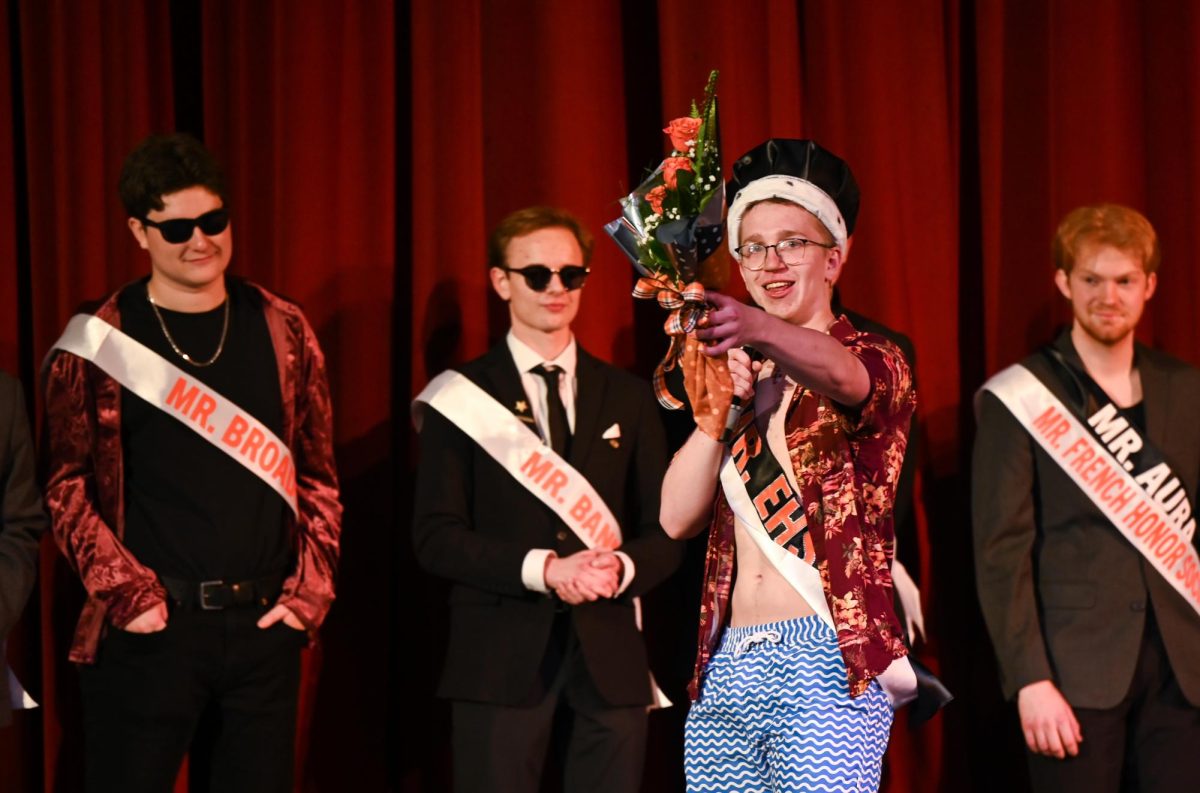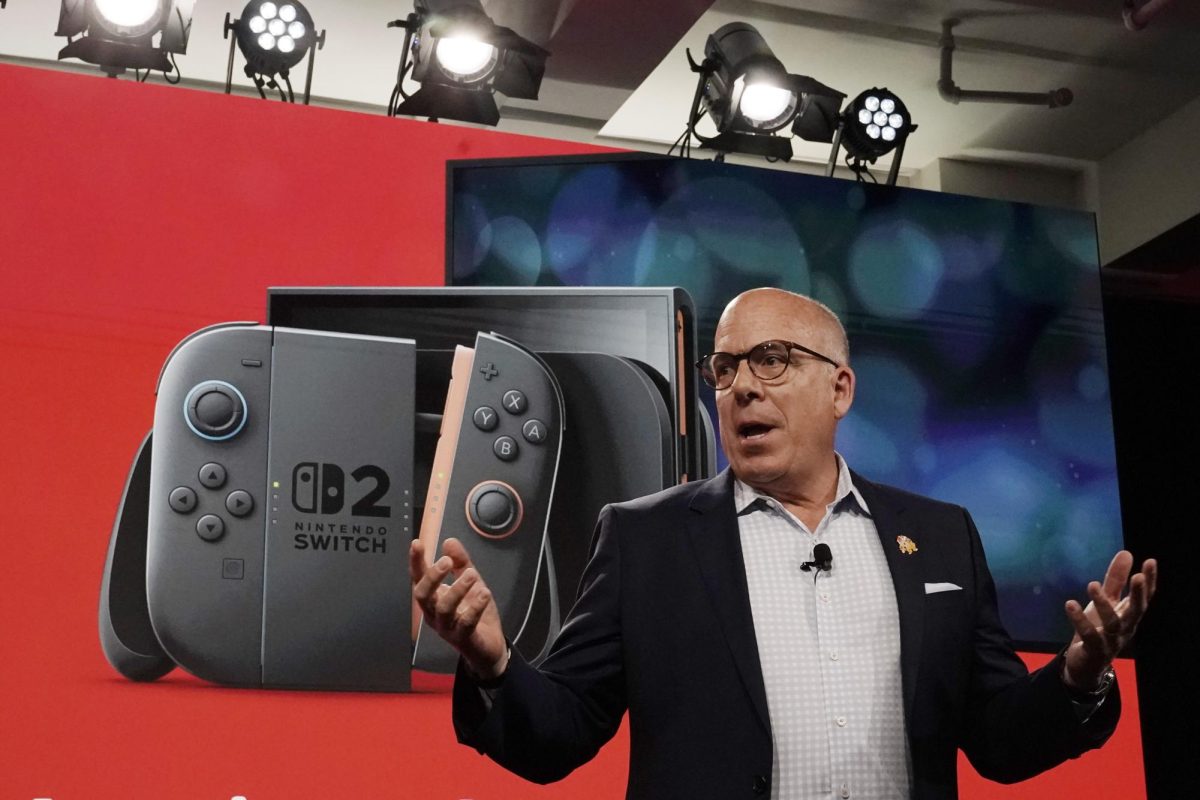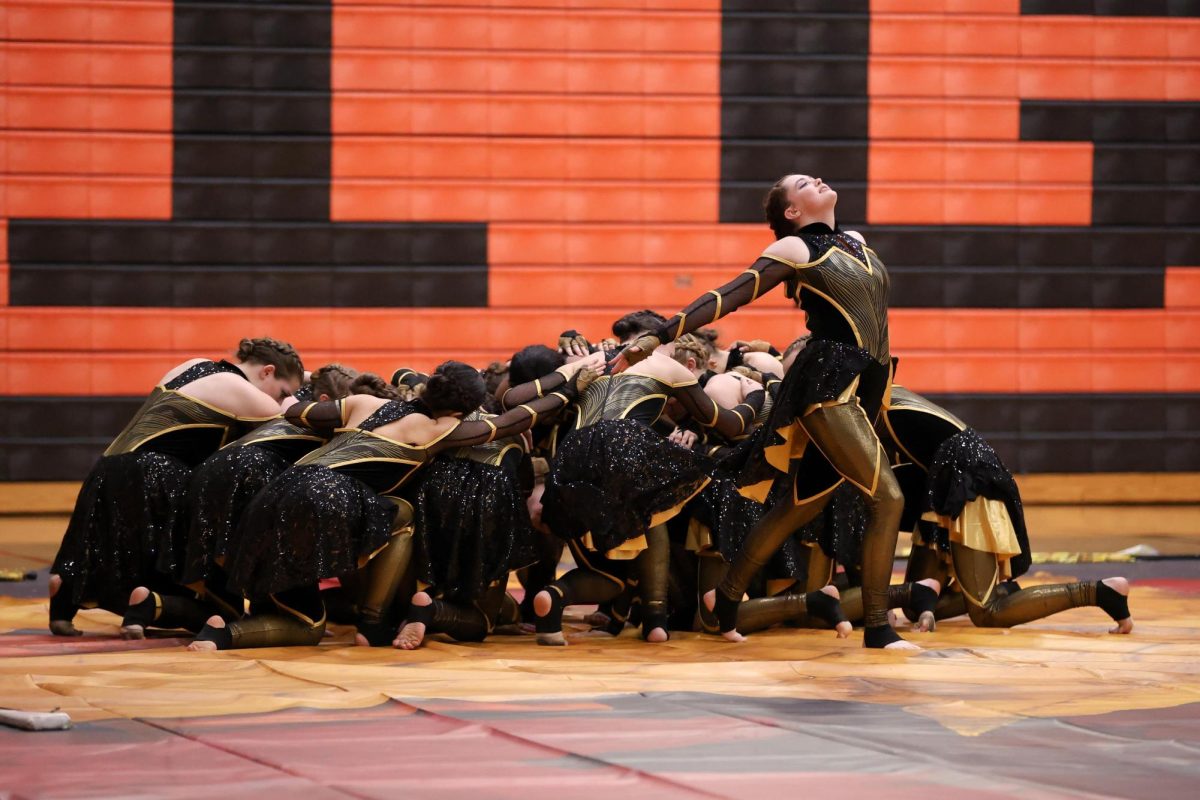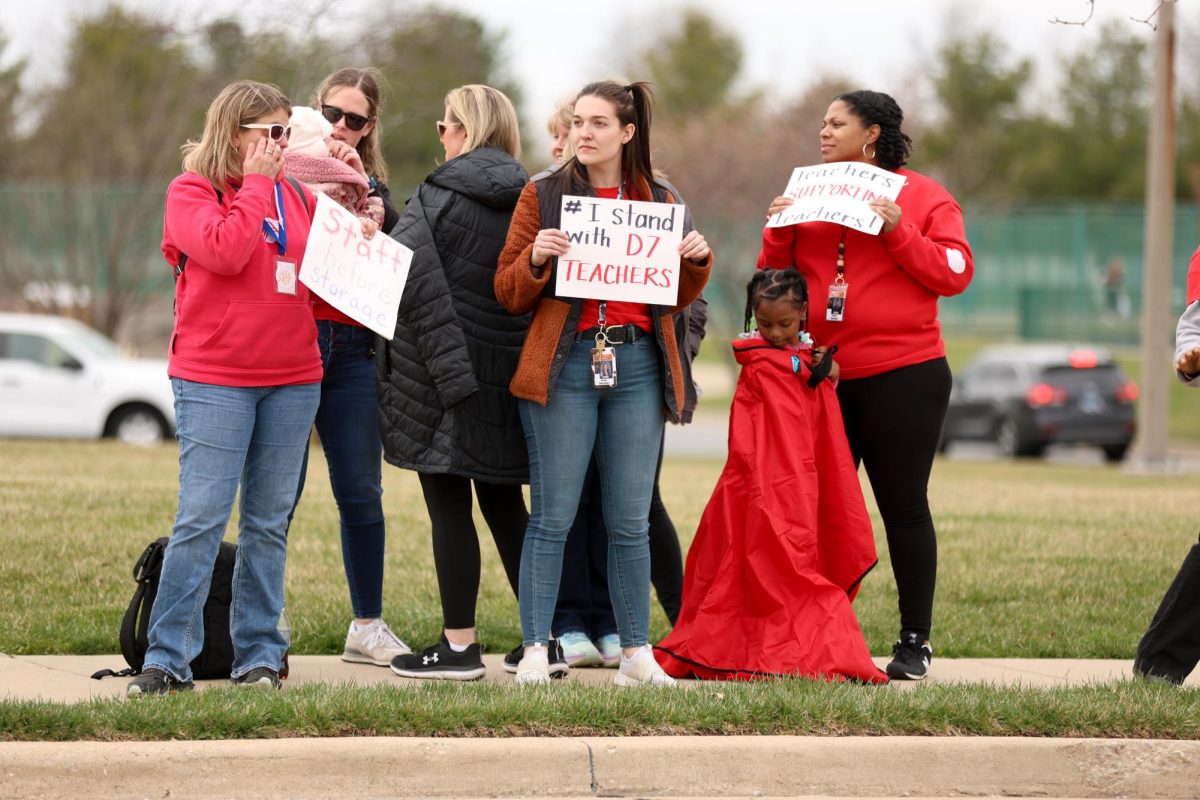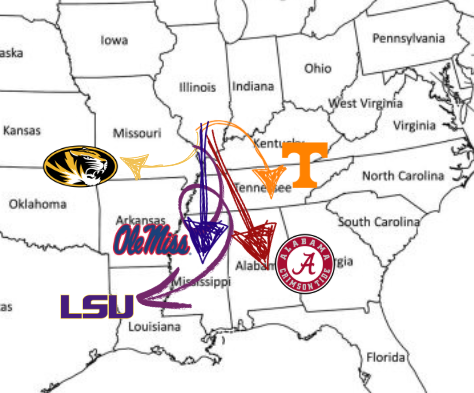Millennials: Is the Struggle Real?
September 15, 2016
Millennials are often mocked for their ridiculous slang, laziness and overall sense of entitlement. This final generation born in the 20th century offers commentary on the negative observations and stereotypes made about them.
Millennials, as defined by CBS News, is the group of about 80 million who were “raised by doting parents who told them they were special.”
Sophomore Ryan Ash said a millennial is “anyone that was born after 1995… It’s kind of an attitude as well. When you say ‘millennial’ I think ‘entitled,’ ‘young’ and ‘stupid.’”
CBS News reports that millennials have “extraordinary technical skills” but lack preparation “for the cold realities of work.” They have been described as “the greatest generation,” “hardworking” and “enormously clever and resourceful.” They are also described as “lazy,” “narcissistic” and “the generation that only takes ‘yes’ for an answer.”
Jeffrey Zaslow, a Wall Street Journal columnist wrote “[We’ve told millennials] ‘you’re special and you’re special and you’re special’… For doing what? [We] didn’t really explain that.”
Economics teacher Mr. Koester expands on this, calling the millennials “Generation Snowflake,” because of how unique this generation has been taught to see themselves.
Mr. Koester said, “You’re not a snowflake. Nobody’s a snowflake. You’re not different… The quicker you [dissociate yourself] from the idea that you’re different just by ‘being,’ the better off you’ll be.”
Mr. Koester believes the idea of everyone’s exceptional individuality was promoted during the generation’s early years.
Adults in millennials’ lives worked to make the generation feel good in a time filled with personality crises he said.
However, Mr. Koester believes it is possible to become special.
He called his 6th hour Microeconomics class to set themselves apart from the other “snowflakes,” asking, “What are you going to do? You can be special, but you’re not [automatically] special… The only thing that makes you unique are your experiences and what you can do.”
Mr. Koester told his class to work hard to create a life with unique experiences instead of assuming they should automatically receive rewards for “being themselves” (an action that shows little character).
CBS asks, “[does being] laden with trophies just for participating” give the generation an entitled attitude? Entitlement is one of the most commonly discussed issues in the millennial generation conversation.
Senior Taylor Mateyka answers “no”: “I think millennials are more accepting [because they received] participation trophies. I don’t think entitlement play into it. If anything, it makes us more accepting than others because we recognize that everyone has value as long as they put their best foot forward.”
There are exceptions to this statement, as Ryan Ash added, “There are definitely some younger people out there that think they know it all or [think] they’re better than everyone else, but I’d say that the vast majority of younger people know these things aren’t true.”
Ash said he fits in with the second group he described: “There’s still a lot I have to learn and there’s a lot of people that are better than me.”
Ash said some older people might attach the ‘entitled’ label to millennials for a different reason.
“It’s probably because of the internet and social media. It’s really easy for a person to get their opinion out there. Since millennials dominate things like Facebook and Instagram, we’re easily the most vocal generation… I think some older people don’t like having to consider [a younger person’s] opinion,” Ash said.
Mateyka voices another perspective.
“I don’t think the stereotypes are true in the slightest. I think the connotations stem from our generation embracing technology and other aspects of life—such as diversity—that previous generations have not,” Mateyka said. “Some people think that millennials are entitled and lazy, which is unfair to the masses of millennials who have to work hard to get where they are going in life.”





